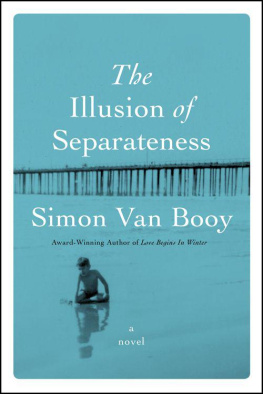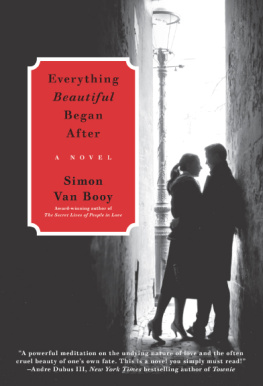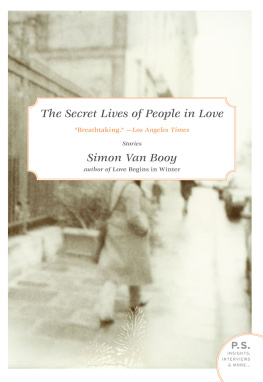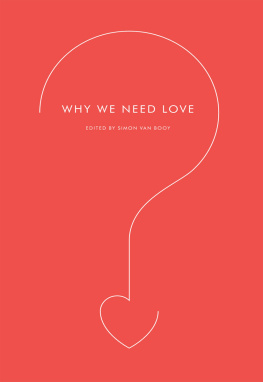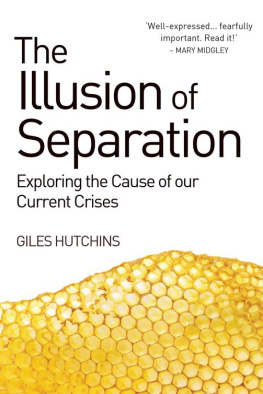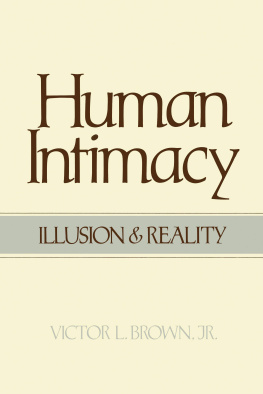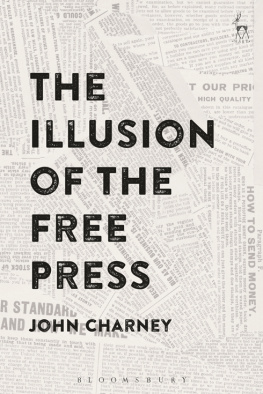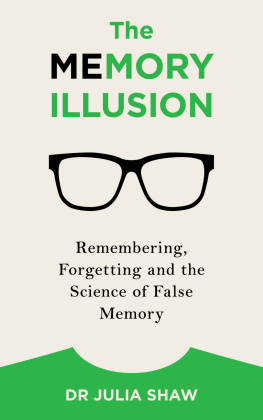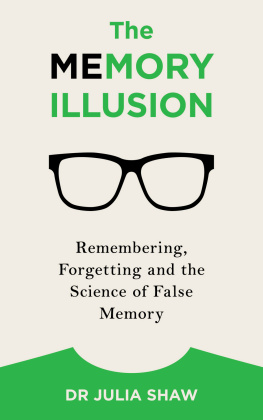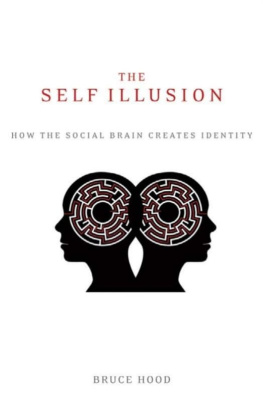
To Luke and Christina
We are here to awaken from the illusion
of our separateness.
THICH NHAT HANH
CONTENTS
LOS ANGELES,
2010
I.
T HE MERE THOUGHT of him brought comfort. They believed he could do anything, and that he protected them.
He listened to their troubles without speaking.
He performed his duties when they were asleep, when he could think about his life the way a child stands in front of the sea. Always rising at first light, he filled his bucket, then swished along the corridors with pine soap and hot water. There were calluses where he gripped the handle. The bucket was blue and difficult to carry when full. The water got dirty quickly, but it didnt annoy him. When it was done, he leaned his mop against the wall and went into the garden.
He sometimes drove to the pier at Santa Monica. It was something he did alone.
A long time ago, he proposed to a woman there.
There was mist because it was early and their lives were being forged around them. They could hear waves chopping but saw nothing.
In those days, Martin was a baker at the Caf Parisienne. He had a mustache and woke up very early. She was an actress who came in for coffee one morning and never quite managed to leave.
She would have liked the Starlight Retirement Home. Many of the residents were in films. They come to breakfast in robes with their initials on the pocket. They call him Monsieur Martin on account of his French accent. After dinner they sit around a piano and remember their lives. They knew the same people but have different stories. The frequency with which a resident receives guests is a measure of status.
Martin is often mistaken for a resident himself.
It would be easier if people knew exactly how old he was, but the conditions of his birth are a mystery.
He grew up in Paris. His parents ran a bakery and they lived upstairs in three rooms.
When Martin was old enough to begin school, his parents seated him at the kitchen table with a glass of milk, and told him the story of when someone gave them a baby.
It was summer, his mother said. The war was on. I cant even remember what the man looked like, but there was suddenly a child in my arms. It happened so quickly.
Martin liked the story and wanted to know more.
Then she brought the child into my bakery for something to eat, his father said.
Thats right, his mother added. Its how we met.
His father stood at the dark window and confessed to the reflection of his son how they waited years before doing anything official.
His mothers tears made circles on the tablecloth. Martin looked at her hands. Her nails were smooth with rising moons. She pressed on his cheek and he blushed. He imagined the rough hands of a stranger and felt the weight of a baby in his own arms.
When he asked what happened to the child, they were forced to be direct. Martin stared at the milk until it made him cry. His mother left the table and returned with a bottle of chocolate syrup. She poured some into his glass and swirled it with a tall spoon.
Our love for you, she said, will always be stronger than any truth.
He was allowed to sleep in their bed for a few days, but then missed his toys and the routine in which he had come to recognize himself fully.
A short time later his sister, Yvette, was born.
When Yvette was six years old and Martin a teenager, they closed the bakery and left Paris for California.
Martin never quite understood why they waited so long to apply for adoption papers. Then, when he was a freshman at a small college in Chicago, smoking in bed with a lover, the curtain was lifted.
It was snowing. They ordered Chinese food. A good film was about to start on television. As Martin reached for the ashtray, the sheet uncovered his body. His legs were so muscular. She laid her cheek against them. He told her about West Hollywood High School, track records still unbroken. She listened, then confessed how she was curious, had been wondering why, unlike other European men, Martin was circumcised.
H e stopped attending classes.
He read until his eyes were unable to focus.
He was outside the library when it opened and worked until closing. When the director found out what he was doing, she gave him a space in the staff refrigerator. He requested books with titles no one could pronounce. Every photograph was a mirror.
The semester came to an end, and he went home to Los Angeles.
His parents knew he would find out eventually, but couldnt tell him anything new. His small clothes had been too soiled to keep.
He went to the beach with his sister and watched her swim. He sat on the stairs and listened to his family watch television. He took long drives in the middle of the night.
He worked at the family caf. They sold croissants and fruit tarts in boxes tied with blue-and-white twine.
One afternoon, after making deliveries, Martin returned to find the front door of the shop locked with the blinds pulled down. After entering through the back door, he was surprised to find the kitchen in darkness. When he reached the counter, the lights came on suddenly and a roomful of people shouted, Surprise!
Everyone was dressed up, and there were balloons tied to the chairs. People kissed him on the cheek and forehead. Many of the customers hed known for years were there, and some of the men wore yarmulkes. Music came on and people clapped.
Martin was stunned. I dont understand, he said. Has something happened?
We just thought wed give you a kind of coming-of-age celebration, his mother said.
Its tradition in many cultures, his father added.
After that, Martins story was told at every dinner table in Beverly Hills. People came in just to meet him, to tell him their stories, to show him photographs, to convince him that he was not alonethat he would never be alone. One day a woman came into the shop and just stood at the counter in front of Martin. Then she started screaming, My son! My son! My son!
Martins parents took her into the back and gave her hot tea. Then his father drove her home, where her sister was waiting in the driveway.
Sundays were the busiest days.
Martin served customers and decorated birthday cakes with a plump funnel of icing. He felt light-headed at the endless list of names, each one a small voice; each one a thumping heart, but louder, deeper, and more permanent now in its silence.
He had been reborn into the nightmare of truth. The history of others had been his all along. The idea of it was more than he could bear. People hiding in the sewers; women giving birth in the dark, in the damp and filth, then suffocating their babies so as not to give the others away.
Families ripped apart like bits of paper thrown into the wind.
They all blew into his face.
M artin decided not to go back to college, so his father revealed the mysteries of flour, water, heat, and time. He shared recipes from old postcards of tiny writing. Audrey Hepburn sometimes drank coffee in the back with his mother. She laughed and held the mug with both hands. Arthur Miller and his sister, Joan, came in for tea and madeleines. The caf was famous for running out of things to sell, and often closed by 3:00 p.m.
Martin was a good son. He worked hard and looked after his parents. For him, there was nothing to forgive. He told his mother this on her deathbed in 2002.
My love for you, he said, will always be stronger than any truth.
II.
T HEY HAD MOVED to California when Martin was a teenager.
It all started when a global human rights organization sent a telegram to their Paris apartment. His mother was to be recognized publicly as a hero for her actions in 1943 and 1944. Martin and Yvette cheered and drew pictures. They wondered what she could have done that was so brave, but after supper she burned the letter in the sink. Martins father opened a window and washed away the charred scraps.
Next page
